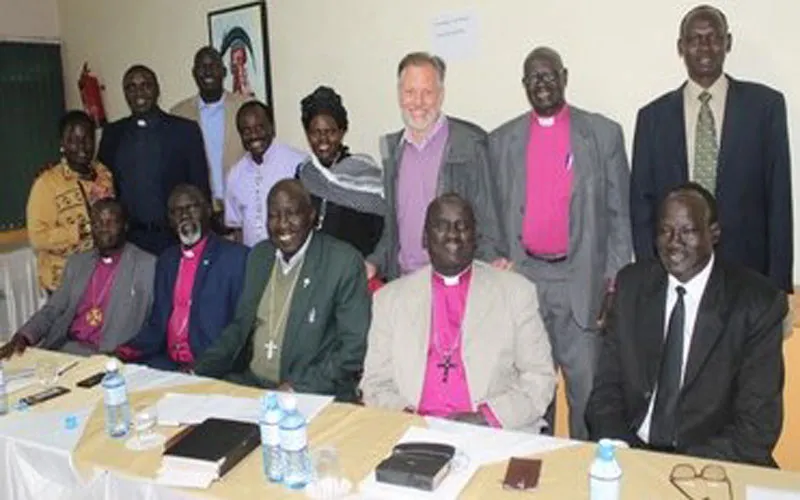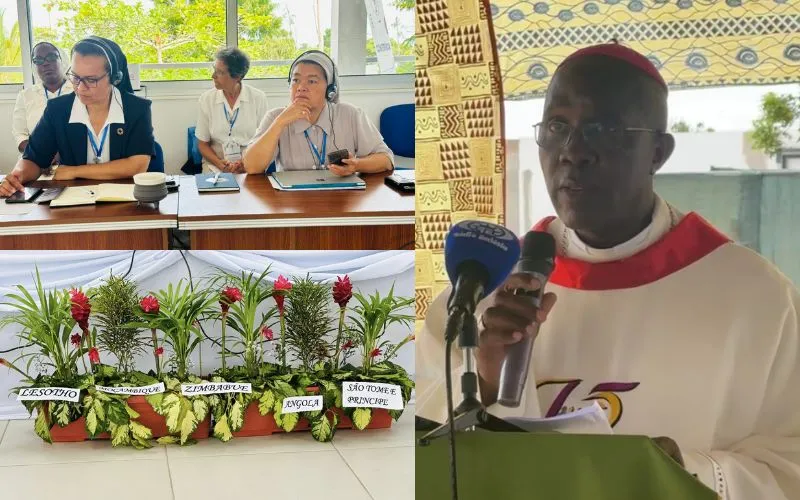Kampala, 11 November, 2019 / 5:41 am (ACI Africa).
On November 8, South Sudan’s President Salva Kiir Mayardit and the Vice-President designate Dr. Riek Machar decided to extend the Pre-Transitional period expected to end in the formation of a unity government by one hundred days effective November 12. This is a renewed extension from the original May 2019 deadline.
In a statement dated Saturday, November 9 and titled “Let Hope and Opportunity for a Peaceful South Sudan Prevail,” leaders of the South Sudan Council of Churches (SSCC) have joined the Civil Society Forum in welcoming the extension of the formation of a unity government envisaged in the Revitalized Agreement on the Resolution of Conflict in South Sudan (R-ARCSS).
The Christian leaders consider the 100-day extension as an opportunity that can lead to the realization of R-ARCSS and the formation of a legitimate government, among other justifications.
“The extension of the extra One Hundred days can serve as an opportunity to dialogue and implement the unresolved issues in the agreement,” reads in part the statement issued by the SSCC leaders, where the Archbishop of Juba, Paolino Lukudu Loro represents the Catholic Church.
“We ideally support the formation of the Revitalized Government of National Unity (R-TGoNU) when essential preconditions have been met, and when it is truly inclusive, including non-signatories to the R-ARCSS,” SSCC state referencing political parties that did not sign the September 2018 R-ARCSS.








